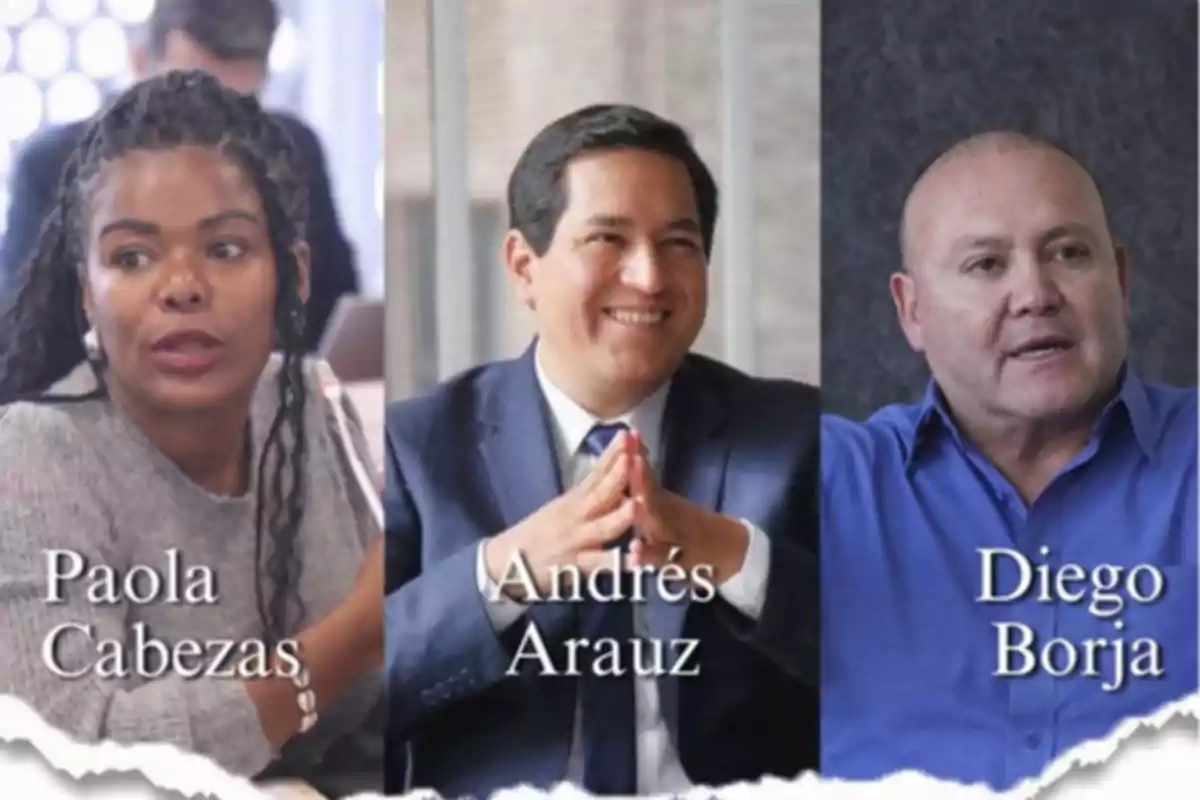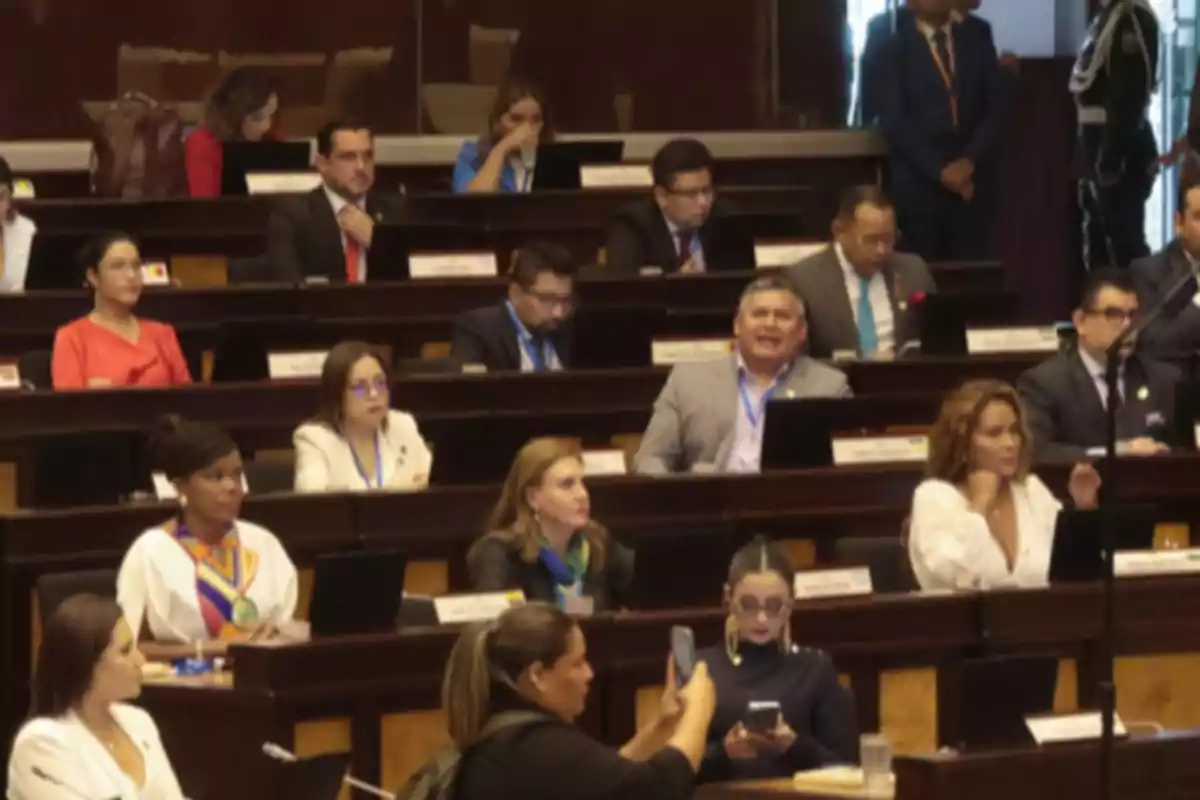
The opposition from Correísmo didn't stop Noboa's anti-crime law momentum.
The Citizen Revolution reacted harshly to the urgent security project
President Daniel Noboa presented a key bill to combat criminal economies, framed within the context of internal armed conflict and growing social pressure for firm measures against the advance of organized crime. The initiative, sent with an urgent economic character, has caused strong resistance from the correísmo bloc, which insists on discrediting the Executive's approach and accuses the Government of using the conflict as a pretext to implement authoritarian measures.
Revolución Ciudadana assembly members have expressed their rejection on social media, arguing that measures such as warrantless searches and pardons for the Armed Forces would be regressive and infringe on essential rights. Additionally, they have questioned the constitutionality of the project, warning that it could set a dangerous precedent in the use of state power. However, the project seeks to strengthen the State's action against the criminal violence affecting the country, which in recent years has reached alarming levels of homicides, extortions, and territorial control by mafias.
Legislator Paola Cabezas denounced possible abuses, while others like Fernando Cedeño and Liliana Durán downplayed the urgency of the law, arguing that there are sufficient legal mechanisms without the need for such drastic reforms. From their perspective, it is a "democratic setback." Nonetheless, the project responds to a growing social demand for order and security, especially in areas most affected by drug trafficking and violence, where citizens demand immediate and effective responses from the State.

Even figures like Rafael Correa and Diego Borja joined the criticism, reflecting an attempt by Revolución Ciudadana to regain political prominence in a context of institutional weakness. The correísmo strategy focuses on sowing doubts about the Government's intentions, pointing to a possible electoral use of the conflict and seeking to capitalize on social unrest, although without presenting viable or articulated alternatives to the threat of organized crime.
Noboa's proposal includes prison sentences, searches, and asset confiscation as legal tools to confront mafia structures, as well as additional measures to economically intervene in criminal assets and dismantle illegal financing networks. In a country where criminal gangs have captured territories, these measures represent a clear effort to regain control, restore the State's sovereignty, and ensure the protection of citizens in an environment of growing insecurity.
More posts: